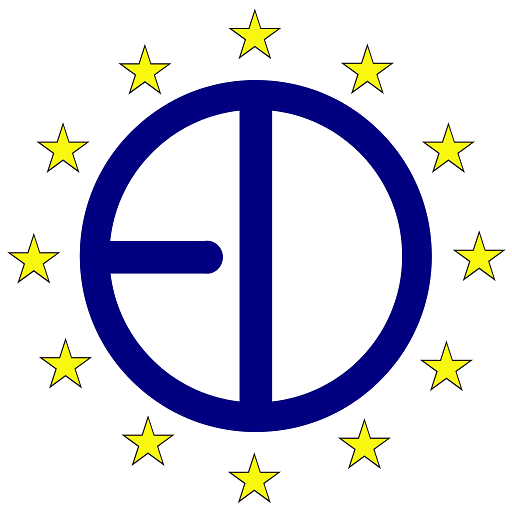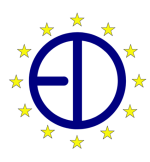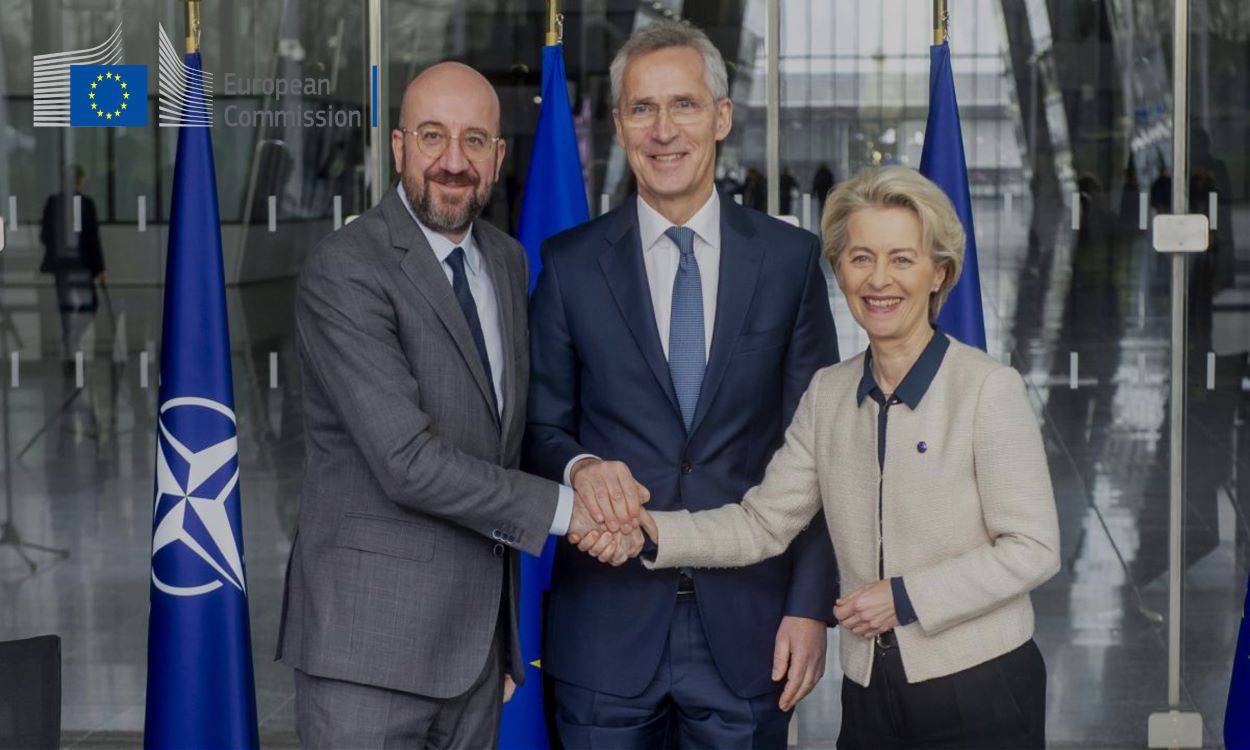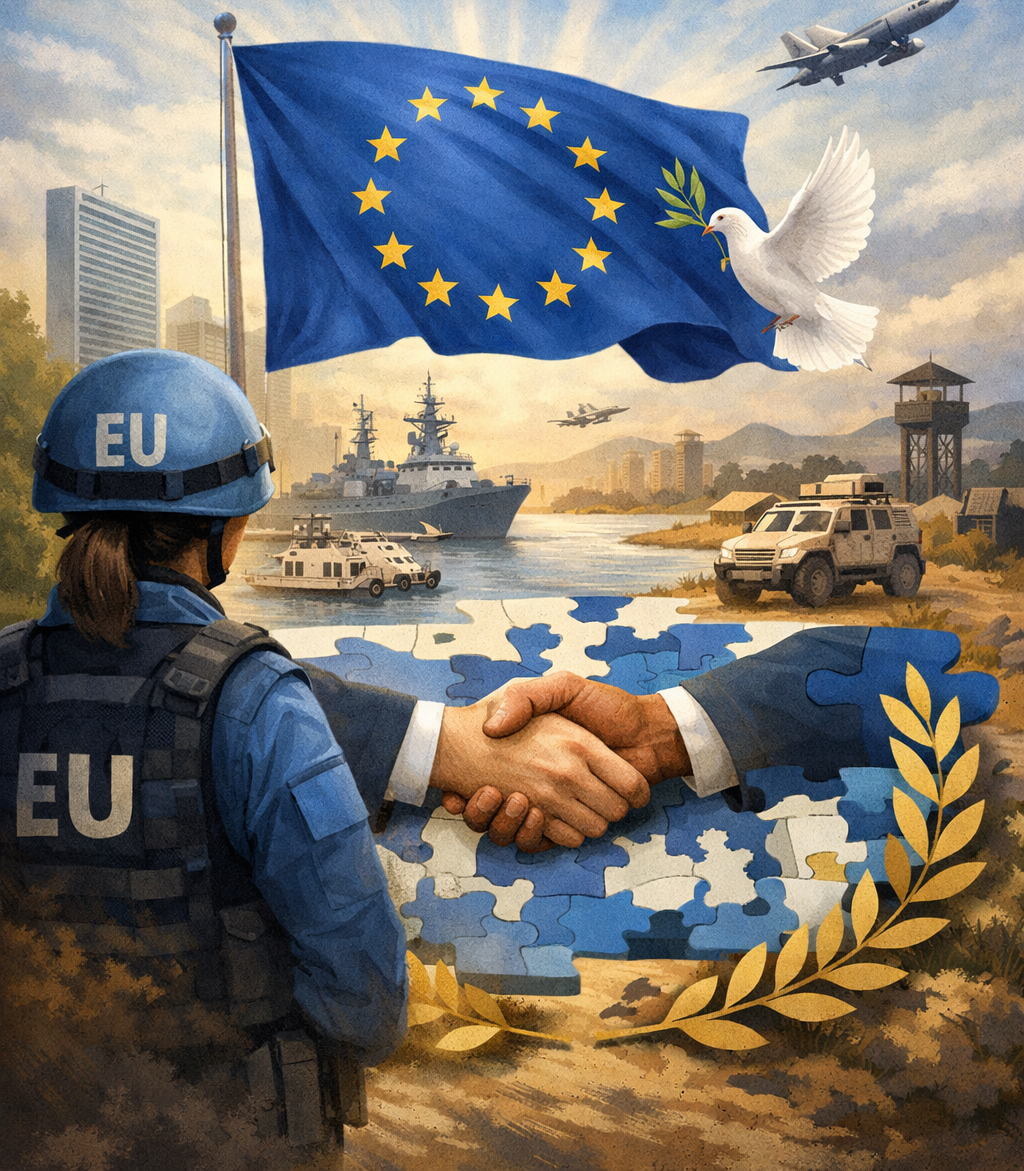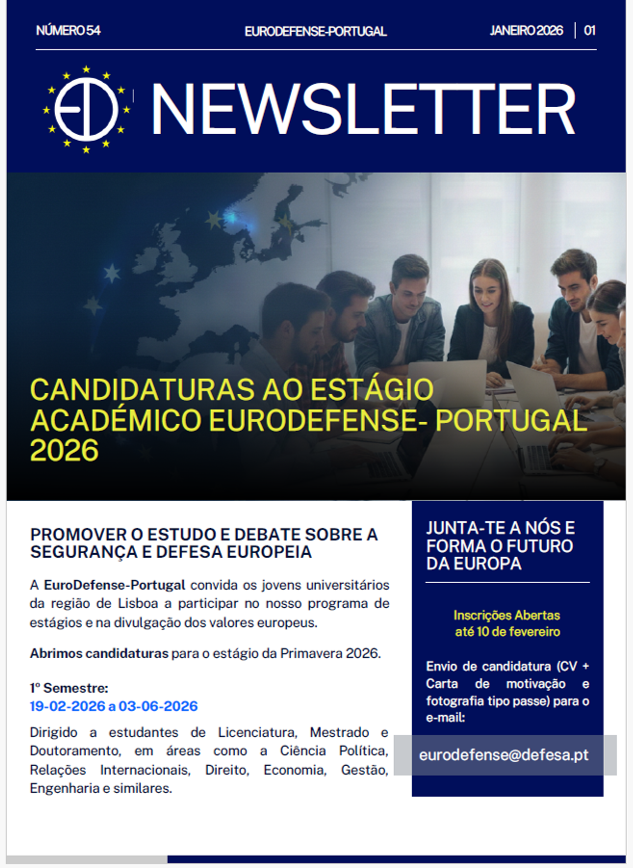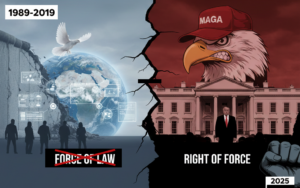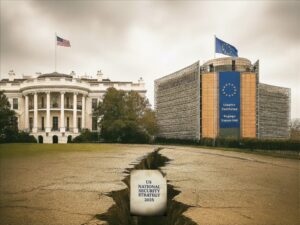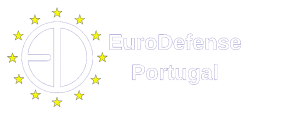Statement by President von der Leyen at the joint press conference with NATO Secretary-General Stoltenberg and President Michel following the signature of the Joint Declaration on EU-NATO Cooperation
Dear Jens, dear Charles,
I will never forget the 24 February of last year, when the three of us were standing here the day that Russia launched its brutal invasion of Ukraine. It was a very strong signal of unity and determination. And with the same unity and determination, we are here today again for the joint statement. The eyes of the world were locked on Ukraine’s Eastern front last year when Russia started the war. But they were also looking at us here in Brussels, scrutinising our preparation and our reactions. And that day, the world saw how strongly united we were, and we still are; together, in support of the Ukrainian people but also against Russia’s imperial war. Since then, our unity and resolve have only grown stronger.
Of course, we have already been very close partners before Russia’s brutal war, so we have been testing and coordinating our crisis responses through many exercises we have had together. We have increased our cooperation against cyberattacks, for better military mobility, to fight disinformation; or by addressing the hybrid attacks against Latvia, Poland and Lithuania organised by the Lukashenko regime. I remember a joint travel to the region with you, Jens. Due to the times we are living in, we know that we have to strengthen and now deepen this more than 20-year-old partnership. Because Europe’s security is challenged and it is under threat. This is also reflected in the wish of Sweden and Finland to join NATO. We very much look forward to Sweden and Finland becoming NATO members soon. It is also reflected in Denmark’s abolishment of the opt-out clause related to EU defence. All this shows we are aware of the challenge, but we are able to stand up against it.
The Russian threats and challenges are the most immediate, but they are not the only ones. We also witness China increasingly attempting to reshape the international order to its benefits. So we must bolster our own resilience. With this new Joint Declaration, we are also taking our partnership to the next level. We will deepen our excellent cooperation and expand it to new areas. I would like to look at four of them very briefly.
The first one is that we will further intensify our work on countering hybrid threats and cyber threats as well as terrorism. We already have a close cooperation, but we want to broaden and deepen it.
The second is: We will step up cooperation on emerging and disruptive technology and space. We already do a lot together, but we can do much more.
The third domain is: We will address the looming security implication of the climate crisis. It sounds a bit far away, but we are fully aware that with the climate crisis and the extreme weather events, like droughts and floods, we see more and more the creation of instability with all the consequences of poverty, unrest, instability of entire regions. Therefore, this is also a point of focus for us together.
And the fourth point: Of course, we will strengthen our resilience. The resilience of our societies against malign foreign interference to manipulate information. And crucially, the resilience of our critical infrastructure against all types of attack. The Nord Stream sabotage has shown that we need to take more responsibility for the security of our network infrastructure. There too, we are aware that the individual countries are responsible for the security of this infrastructure. And for sure, we will not share vulnerabilities. But following best practices, experiences, this is a field where we can work closer together and where we will intensify the cooperation.
The European Union will keep doing everything in its power to support the brave people of Ukraine. We will keep the pressure on the Kremlin for as long as it takes, with a biting sanctions regime. We will extend these sanctions to those who militarily support Russia’s war such as Belarus or Iran. And we will be coming forward with new sanctions against Belarus, answering Belarus’ role in this Russian war in Ukraine. We will continue our substantial humanitarian, economic and security assistance to Ukraine as long as it is necessary. And of course, there is the topic of boosting European defence capabilities as laid out in the Strategic Compass. For that, we all know that we now need to ramp up the production capacity of our defence industry. And we need to coordinate the replenishment of military equipment.
On all these topics, I look forward to working with Prime Minister Ulf Kristersson under the Swedish Presidency of the Council of the European Union. And of course, we will discuss this and much more tomorrow with you, Jens, when you will be visiting the College.
